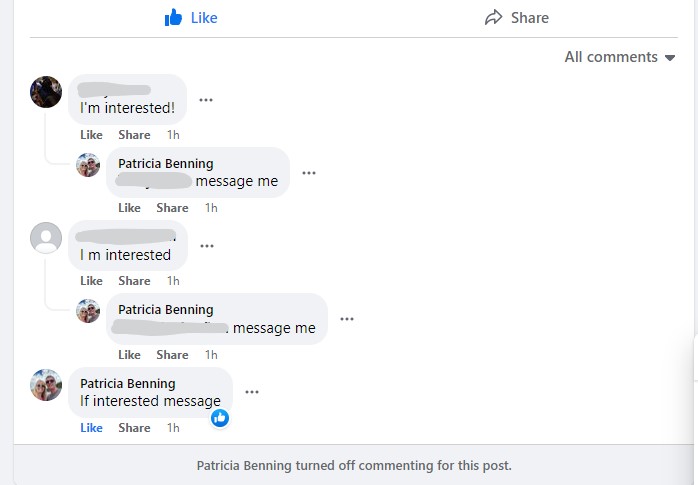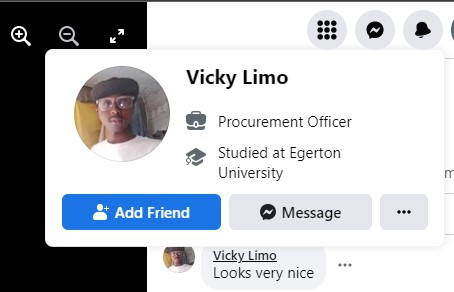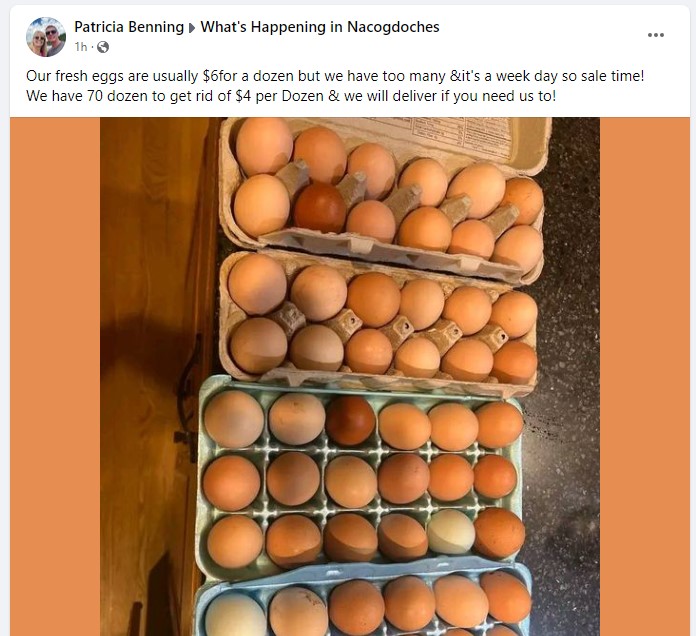The internet is a hotbed for crime, Facebook especially so. It’s simply too big to police. But since we can’t give up using the internet or Facebook, our other options are to prepare, learn and adapt. I encourage you to maintain a rampant skepticism as you use the web.
Come with me and consider the following scam post from Facebook:

This post popped up in a local Facebook group and triggered my Spidey-Sense. But even I had to pause and doubt myself. C’mon, Jesse, it’s just some eggs, people are always selling off their excess henfruit. But as I dissected this post, I knew my gut was right.
The Clues
The first clue here was plainly visible: the poster turned off commenting for their post. Surely, there are good reasons to turn off comments on group posts. But if you are selling something, comments usually aren’t that big of a deal. The next clue is the few comments that occurred before they were turned off:

Notice that the poster is trying to get the commenters to PM her immediately, using identical comments. And the poster commented on her own post, first thing. These do not constitute a smoking gun, but they are suspicious to me, and I see this on many spammy posts.
Going further, I click on the poster’s name and noticed the following:

A new member in that Facebook group? Oh, really? Again, it’s not proof of a scam, but it looks more and more sus, as I go. Next, I clicked further to visit her Main Profile page:

There’s nothing here except for two photos. As I click through every menu, there is no other info to be gleaned. No Details, no Friends, no other Posts, etc. And that’s OK, I recommend that you hide most of your info from public view. But still, most of the locals would have a little something here to make them look authentic.
Next, I went to her two public photos. Those photos had one Like on each of them:


Two very nice looking people… from Kenya. I don’t have anything against the people of Kenya, but what are the odds that this poster in rural Virginia has two friends in Kenya (and no one else!), liking her photos?
The Final Clue
By now, you’re looking this over and nodding your head and thinking, “Yup, sure is fishy.” But thinking like a scientist or lawyer: All of these clues so far suggest something is off, but there is still a non-zero chance that maybe this character is really selling eggs in my community. So let’s go further.
I highlighted and copied the first sentence of her post, and then pasted it into Facebook search field in the left corner. And I turned up another FB post by the same poster:

Different photo, but the same exact text, posted at the same time as her other post. But wait, she posted in a Virginia group, and Nacogdoches is in Texas. And she’s ready to deliver in both states? To quote a Tarantino film, “Now I am calling you a liar, Señor Bob.”
Epilogue
After recognizing the scam on Facebook, I reported the content as best I could, to both Facebook and the group admins. And that’s all you can do, too, when you recognize something shifty on Facebook. Report it, and move on.
Unless you notice someone you know, commenting on or sharing the scam post. Then you might go the extra mile and reach out to them, tell them what they’ve stepped in.
What was the scam, anyhow? It’s probably an advance payment sort of scam, where they try to collect your cash through Zelle or Cash App. If I can message with these scammers and get proof, I’ll update these details.
Stay safe out there, folks!

Leave a Reply